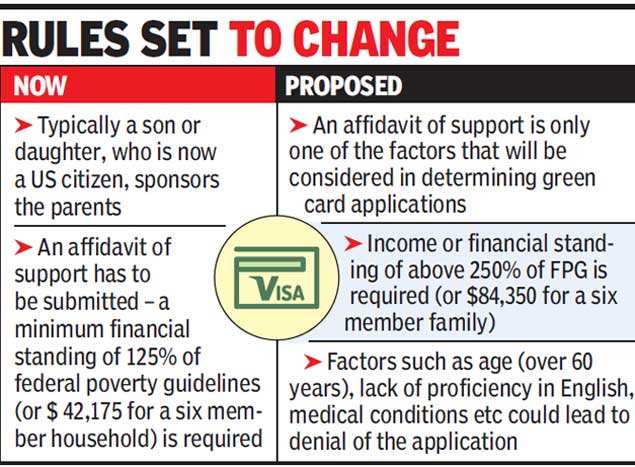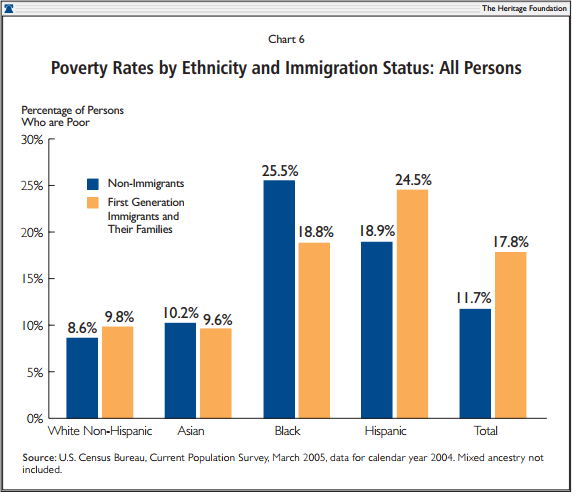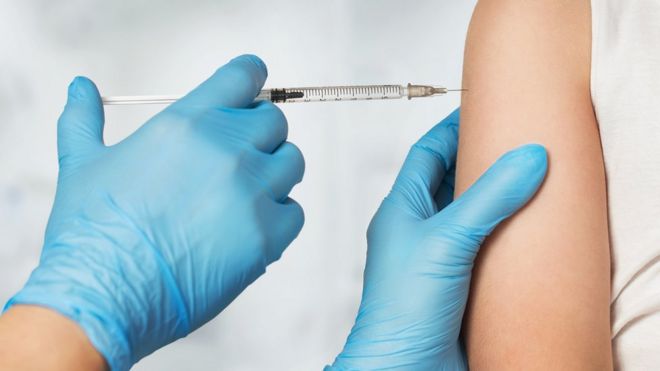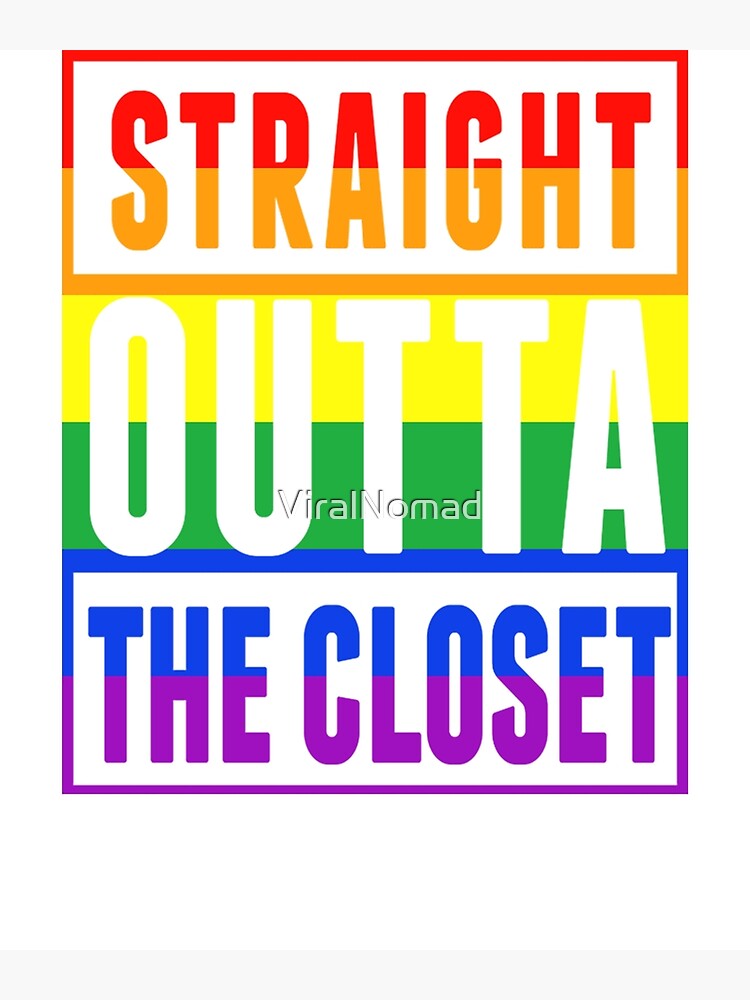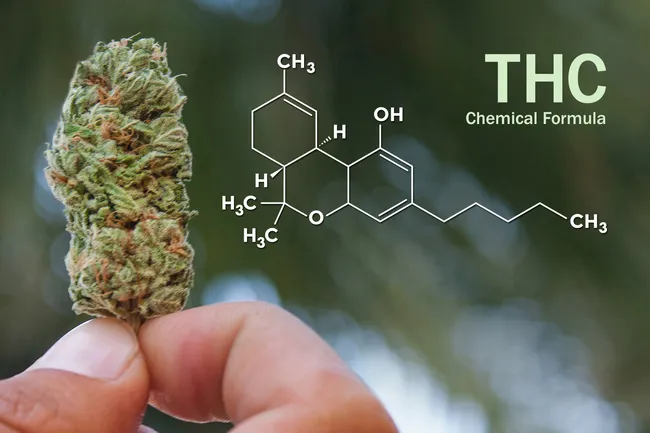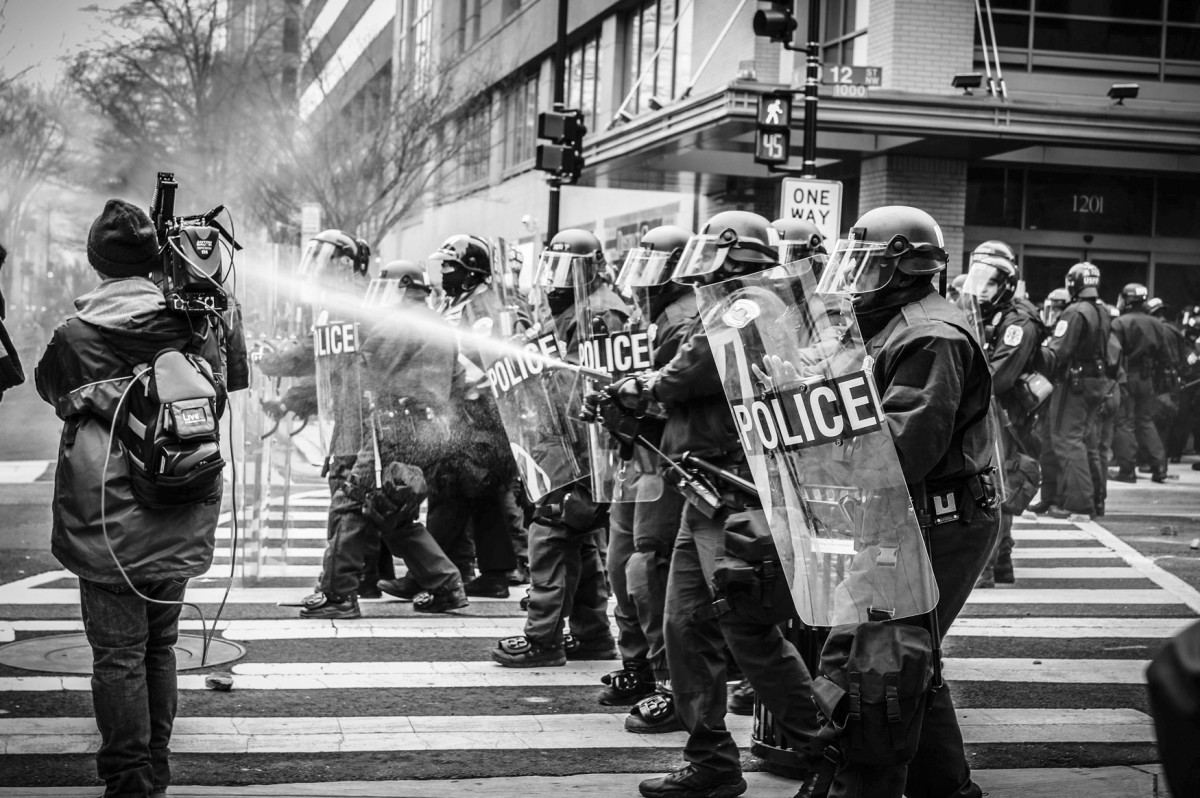 Despite the assortment among bunches that have been exposed to police severity in the United States, the incredible lion's share of unfortunate casualties have been African American. In the estimation of most specialists, a key factor clarifying the transcendence of African Americans among casualties of police severity is antiblack prejudice among individuals from for the most part white police offices. Comparable biases are thought to have assumed a job in police fierceness submitted against other verifiably mistreated or minimized gatherings.
Despite the assortment among bunches that have been exposed to police severity in the United States, the incredible lion's share of unfortunate casualties have been African American. In the estimation of most specialists, a key factor clarifying the transcendence of African Americans among casualties of police severity is antiblack prejudice among individuals from for the most part white police offices. Comparable biases are thought to have assumed a job in police fierceness submitted against other verifiably mistreated or minimized gatherings. 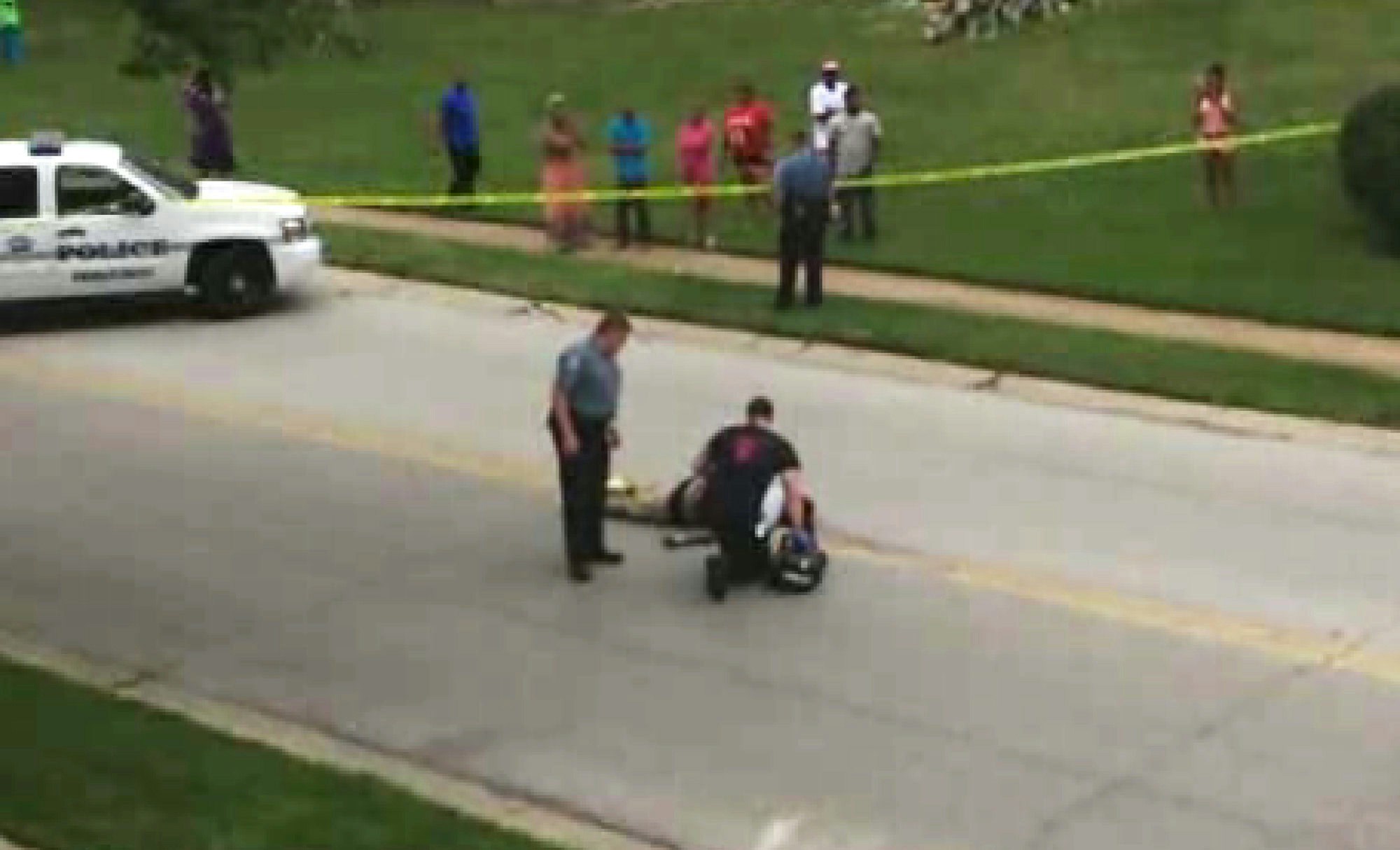 While bigotry is believed to be a significant reason for police mercilessness coordinated at African Americans and other ethnic gatherings, it is a long way from the one and only one. Different variables concern the one of a kind institutional culture of urban police divisions, which stresses bunch solidarity, reliability, and a "show of power" way to deal with any apparent test to an official's position. For new kid on the block officials, acknowledgment, achievement, and advancement inside the office rely on embracing the frames of mind, qualities, and practices of the gathering, which verifiable have been injected with anti black racism.
While bigotry is believed to be a significant reason for police mercilessness coordinated at African Americans and other ethnic gatherings, it is a long way from the one and only one. Different variables concern the one of a kind institutional culture of urban police divisions, which stresses bunch solidarity, reliability, and a "show of power" way to deal with any apparent test to an official's position. For new kid on the block officials, acknowledgment, achievement, and advancement inside the office rely on embracing the frames of mind, qualities, and practices of the gathering, which verifiable have been injected with anti black racism.Most casualties of police fierceness, including African Americans as well as whites and other ethnic gatherings, have originated from the positions of poor people and low-salary regular workers. They have thus needed critical political impact or the money related assets that are some of the time important to adequately advance objections of police mercilessness. In any case, antibrutality battles have been mounted in almost every major U.S. city with a sizable dark populace. In some of the time huge shows, individuals from deceived networks have requested, notwithstanding a conclusion to police severity and responsibility for liable officials, significant changes including the employing of progressively African American cops and the arrangement of increasingly African American officials in supervisory positions, racially coordinated watches or dark just watches in African American neighborhoods, non military personnel audit loads up, and government examination (e.g., by the Justice Department) of heinous instances of police mercilessness. Their strategies have included protests, blacklists, picketing, and close observing of police action, including (from the late twentieth century) by methods for recordings taken with handheld cameras and cell phones.
In 2014 the police shooting of Michael Brown, an unarmed dark adolescent, in Ferguson, Missouri, activated fights broadly in the days after his demise and again months after the fact after a great jury chose not to arraign the cop who killed him. In light of Brown's demise, activists propelled an amazing social development, Black Lives Matter. After two years the development drove dissents in excess of 15 significant U.S. urban areas following the killings by police of Alton Sterling in Baton Rouge, Louisiana, and Philando Castile in rural St. Paul, Minnesota. In demonstrations of counter against police savagery toward African Americans, five white individuals from the Dallas police division were shot and killed during a Black Lives Matter meeting in Dallas in July 2016, and three cops in Baton Rouge were killed by a shooter around 10 days after the fact.
Antibrutality crusades would in general be driven by activists at the grassroots level and by different individuals from the networks legitimately influenced, as opposed to by progressively settled social equality associations, for example, the National Association for the Advancement of Colored People (NAACP) and the National Urban League, whose participations were drawn principally from the dark white collar class. For sure, dark working class support for antibrutality fights was frequently constrained, to a great extent since, similar to their white partners, white collar class blacks commonly supported intense wrongdoing battling measures to shield themselves and their property from dark crooks. Since they were generally unpracticed as pioneers, be that as it may, antibrutality activists regularly utilized immediate and fierce techniques, inclining toward road dissents over dealings. Furthermore, in light of the fact that they for the most part came up short on an institutional base and an unmistakable procedure, they were frequently reactionary, acting in a specially appointed style and making associations and creating voting public as the need emerged. In spite of such confinements, they were normally powerful, on the grounds that they explained the outrage of their voting public, who were commonly suspicious of discretionary legislative issues ("the framework") and who had no confidence that dark government officials would enough address their worries.
So, to wrap this all up, I will be making a poster about main events that have happened in the last decade relating to police brutality and running the class through some of the scenarios that occurred and why this is a big matter in our country/society. Police Brutality must be addressed and corrected.
England, Deborah C. “Police Brutality.” Www.nolo.com, Nolo, 3 Dec. 2013, https://www.nolo.com/legal-encyclopedia/police-brutality.html.
Moore, Leonard. “Antibrutality Campaigns.” Encyclopædia Britannica, Encyclopædia Britannica, Inc., 27 July 2016, https://www.britannica.com/topic/Police-Brutality-in-the-United-States-2064580/Antibrutality-campaigns.
Moore, Yunek. “Being Black Is Not a Crime: Yunek's Story of Police Brutality.” American Civil Liberties Union, American Civil Liberties Union, 12 Sept. 2019, https://www.aclu.org/blog/criminal-law-reform/reforming-police-practices/being-black-not-crime-yuneks-story-police.



